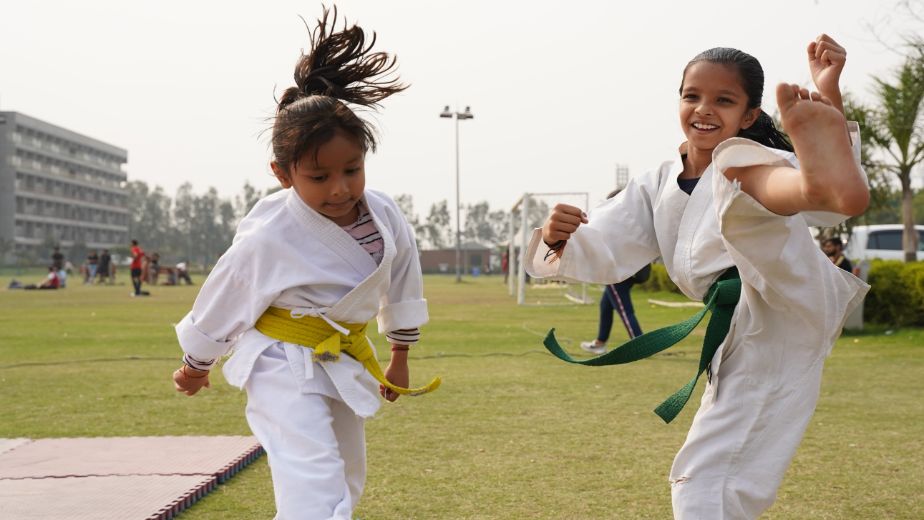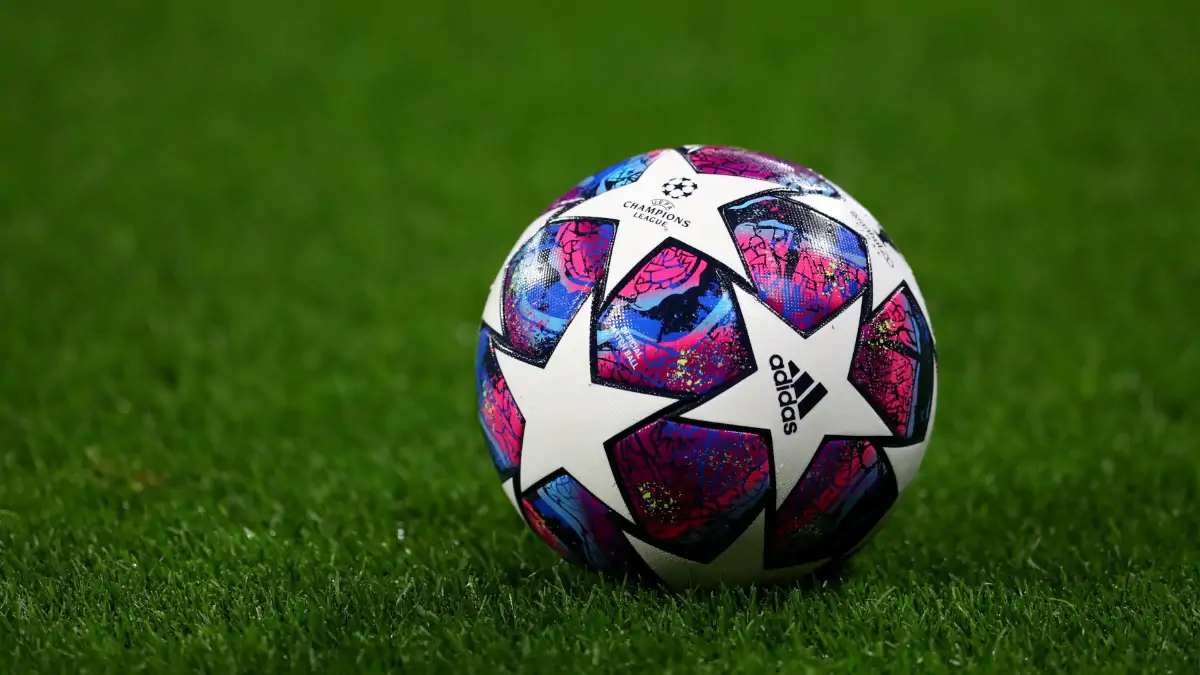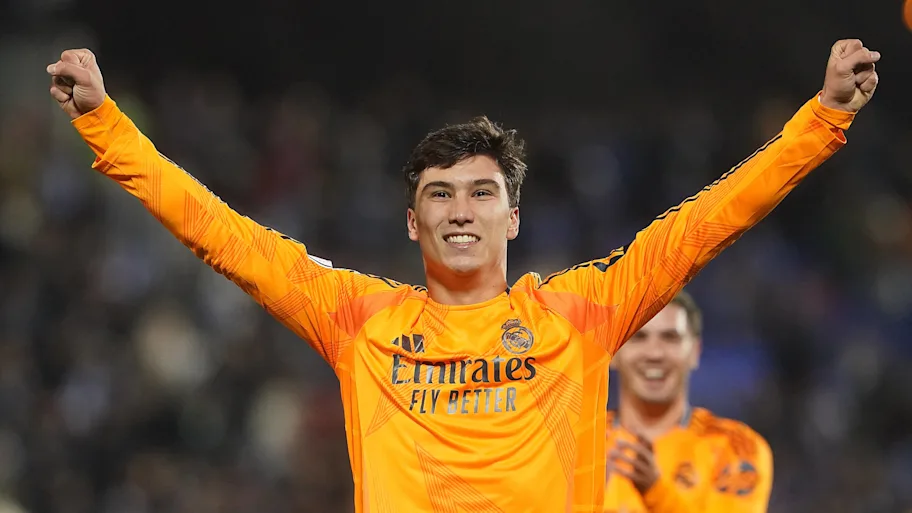Sports has not merely been something that tones or sculpts the body. It has in fact been an important tool of education that stimulates the mind and creates a culture of discipline. Indeed, sports can imbibe into our kids the most important life skills that probably no textbooks can teach them. In a recent research spanning 100 countries, it was revealed that sports powerfully impacts the overall education and holistic development of kids.
At Orphicy, we understand the importance of holistic development of a child’s brain in its formative years. To break it down, the key elements of holistic development for any individual are categorized into 4 sections that focus on language, cognitive, social-emotional and physical development. Children’s holistic development involves the growth of their physical skills and abilities. Talking about gross motor skills, implying movements made using legs, arms, or the entire body to develop fine motor skills involves refined movements that employ small muscles of the lips, fingers, wrists, toes, as well as the tongue.
The best way to improve and develop gross motor skills is by encouraging children to take up some or the other sports. Activities like skipping, running, kicking, jumping or throwing aids in building a firm foundation for overall physical development. It also aligns the child with an active lifestyle which automatically will improve his/her attitude towards living.
Parents who spend considerable effort in strengthening their child’s basics in reading, writing and understanding, need to give equal weightage to sports as well. A child leading an active lifestyle will have a balanced emotional, physical, and emotional quotient. It will help them to be disciplined, motivated, tolerant, and calm since sports aid in developing confidence, self-esteem, and self-efficacy.
At Orphicy, we have found that our students who play a sport are able to apply the knowledge they gain during play in other areas of life and most importantly in their academics. We found that playing any kind of sports or even doing something as fun as an aerobics routine can help students give selective attention to relevant information and the filtering of distracting information, inhibition of inappropriate response tendencies, gain flexibly switching between tasks and restructuring knowledge and information based on changing situational demands, learn the ability to temporarily store and manage information while learning as well as performing intellectual challenges and using context to regulate whether an action is suitable or a thought is applicable.
Physical fitness is not just a key to having a healthy body but in fact has been found to be the basis of dynamic and creative intellectual activity. By engaging in a sport one can:
– Sculpt physical and mental strength
– Enhance their motor skills
– Increase attention span
– Shape their personality
– Develop confidence
– Create discipline
– Learn how to work in a team
– Deal with wins and dejections
These traits can help students achieve academic excellence and gain success in all walks of life. Moreover, children with an active lifestyle have shown positive influences on several measurable indices of health, including cardiorespiratory fitness, body composition, bone mineral density, blood lipids, and brain health. Sports also prevents chronic diseases such as obesity, certain cancers, type 2 diabetes, and coronary heart disease throughout the lifespan.
A growing number of studies demonstrate that participation in physical activity positively influences cognition, brain structure, and brain function during childhood.
Moreover, playing a sport imbibes team skills. In any individual sport, the coach and the player constitute a team. In a sport involving a team, interactions play a vital role since this is what builds or breaks team spirit and attitude. The skills developed as a team player or the one leading the team puts the child at an advantageous level in the professional arena. In fact, sports help in building a sound and resilient character as your child learns to understand the importance of fair play. It is this one value that makes a person ethical. In each game, one side loses and the other wins. Sports does not just teach students to play to win but also to respect the opponent team. It also enables players to accept failures and the valor to face adversative situations in one’s life.
Also read: Bonding with a sport builds a competitive mindset
It is recommended that children and adolescents be physically active on most days of the week. They should be involved in some sort of sports either for recreation or for getting physical education. The best form is to enroll for a specially planned and designed exercise regimen. If you include even 40-60 minutes of moderate to vigorous intensity physical activities, 5 days of the week, you can prevent obesity and benefit from the other positive health and cognitive advantages of an active lifestyle.
There is a very popular saying that “those who have no time for exercise will eventually have to make time for illness and failures.”
The minute we as a nation start realizing that exercising is as necessary as reading and give sports the importance that it deserves, we will be signing up for happier, brighter and more successful minds all over the country and will inch towards greater progress.
About the Author

Vipul Tyagi, CEO, and Co-founder of EdTech Startup Orphicy. An electronics and telecom engineer, Vipul co-founded Orphicy along with 3 academicians in 2020. The startup offers live online coaching for the school curriculum (Classes 5-10) and also helps students prepare for NTSE/ Olympiads and other competitive exams. The learning modules are designed with a holistic approach focusing on extracurricular activities along with academics. Orphicy is Vipul’s second entrepreneurial venture. His first business venture already rakes in revenues to the tune of 100 million INR.














